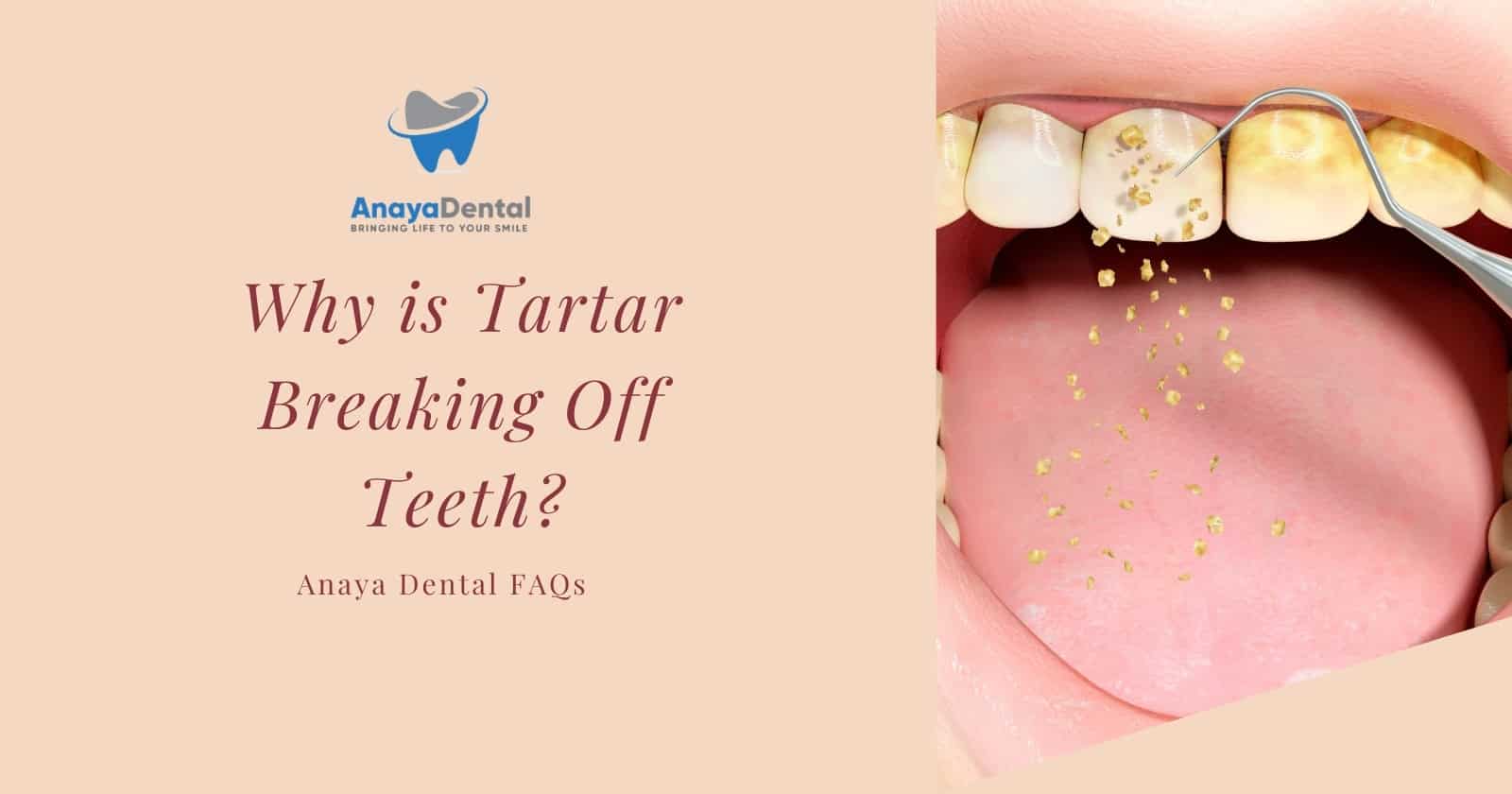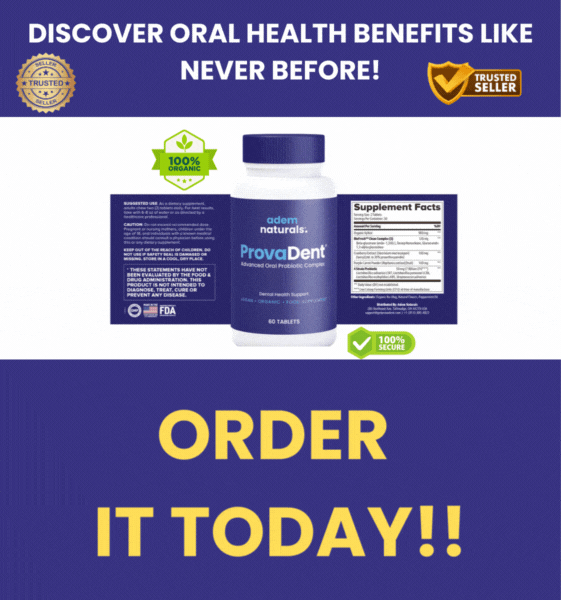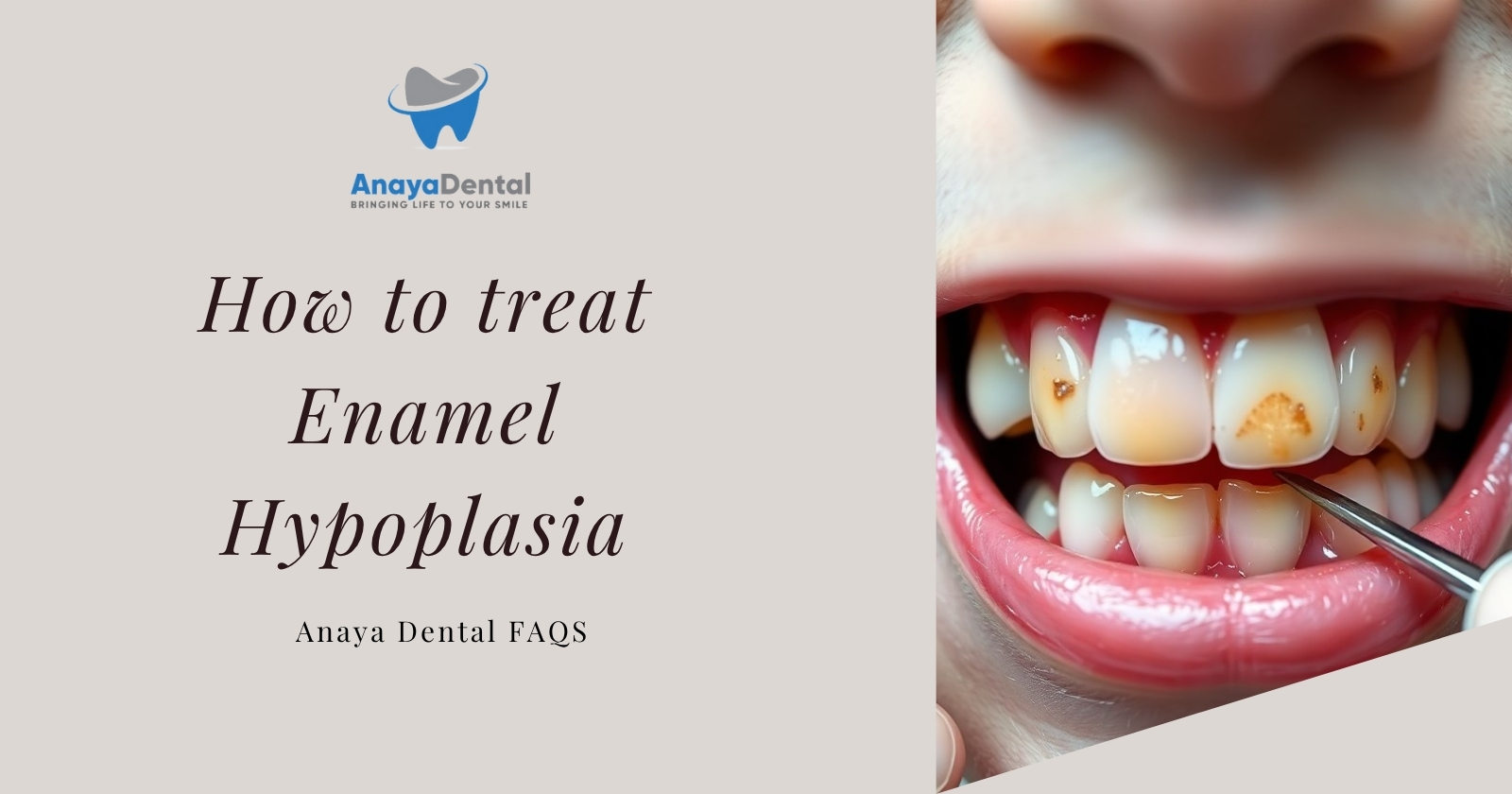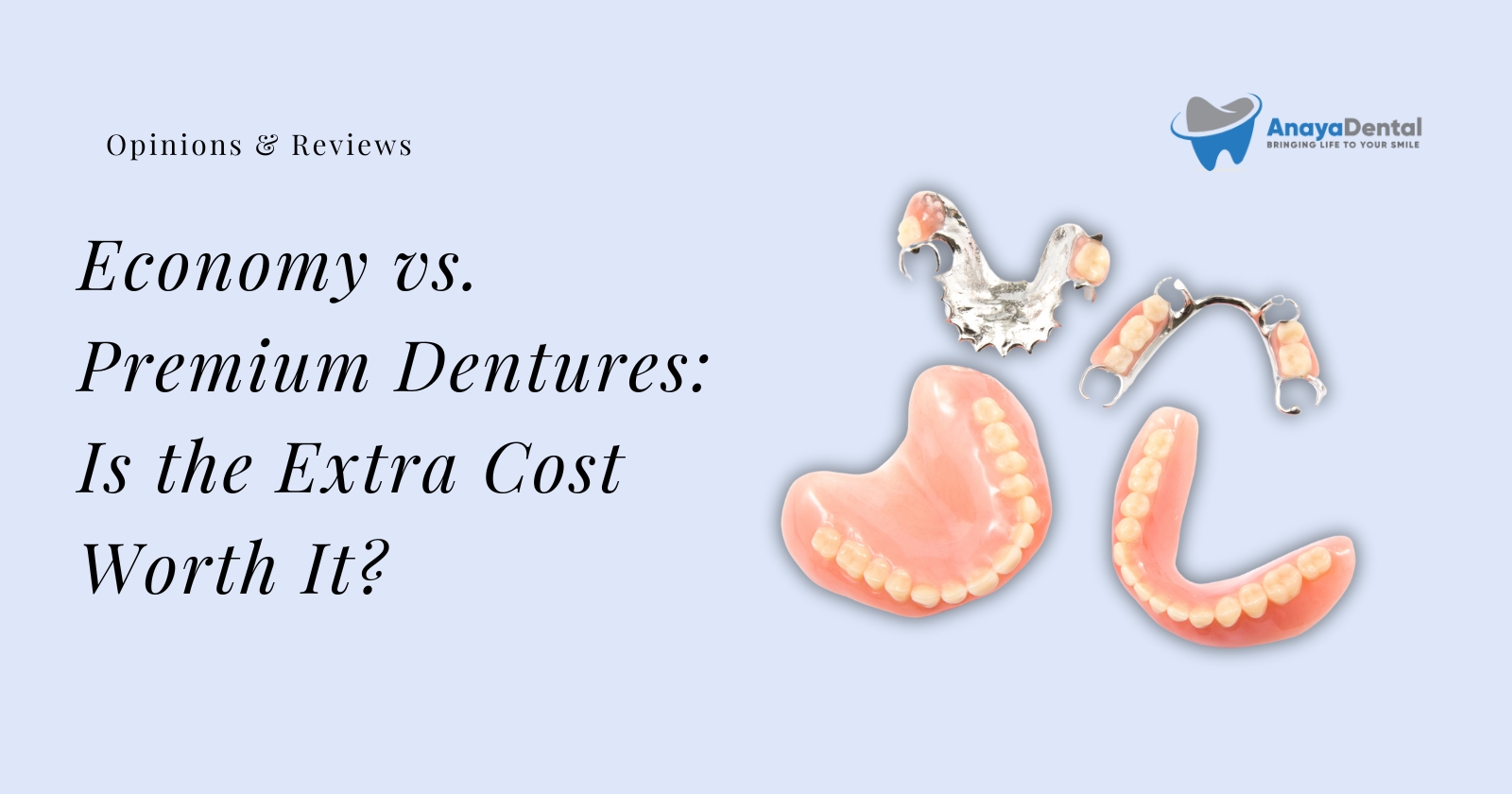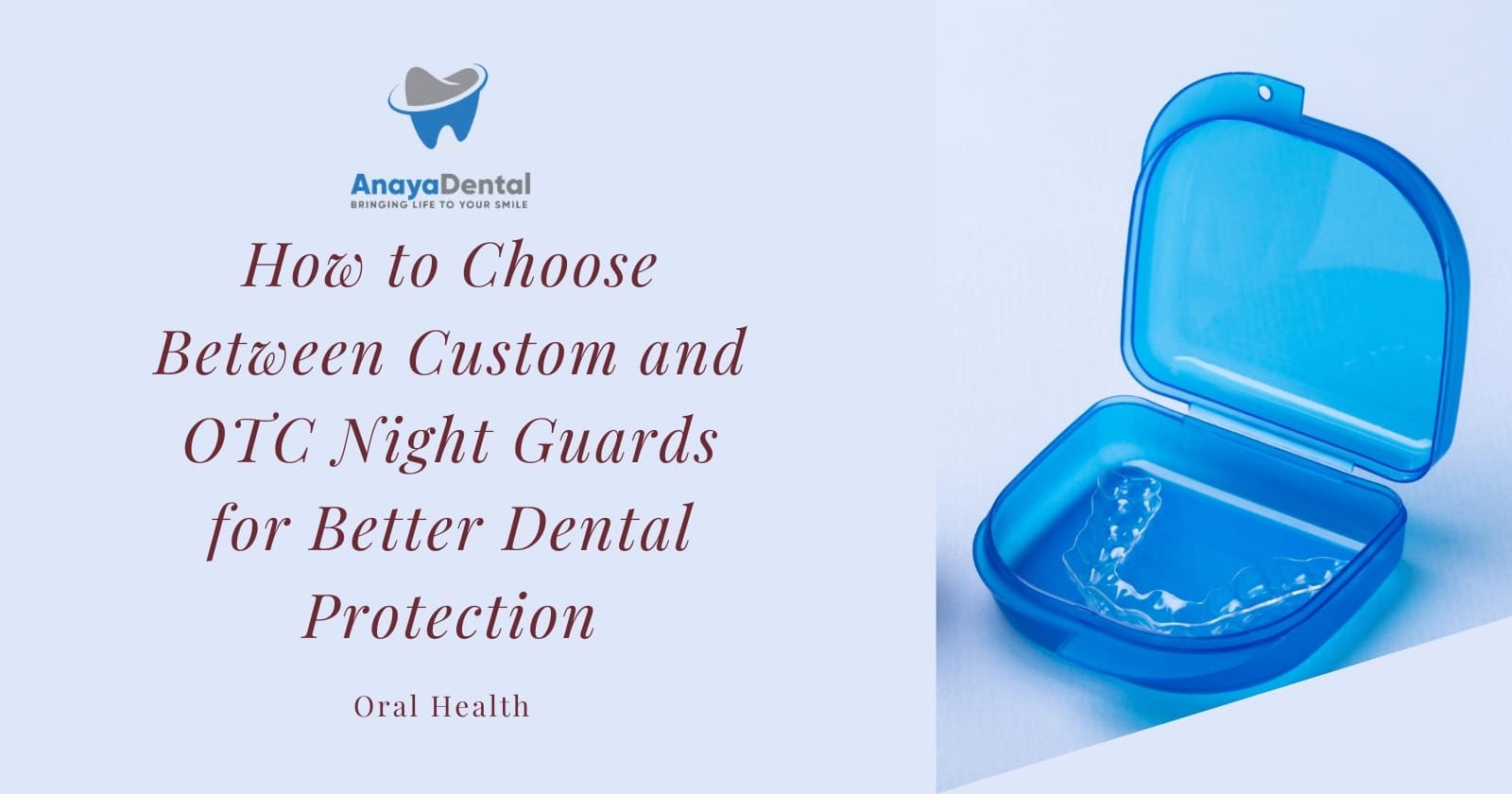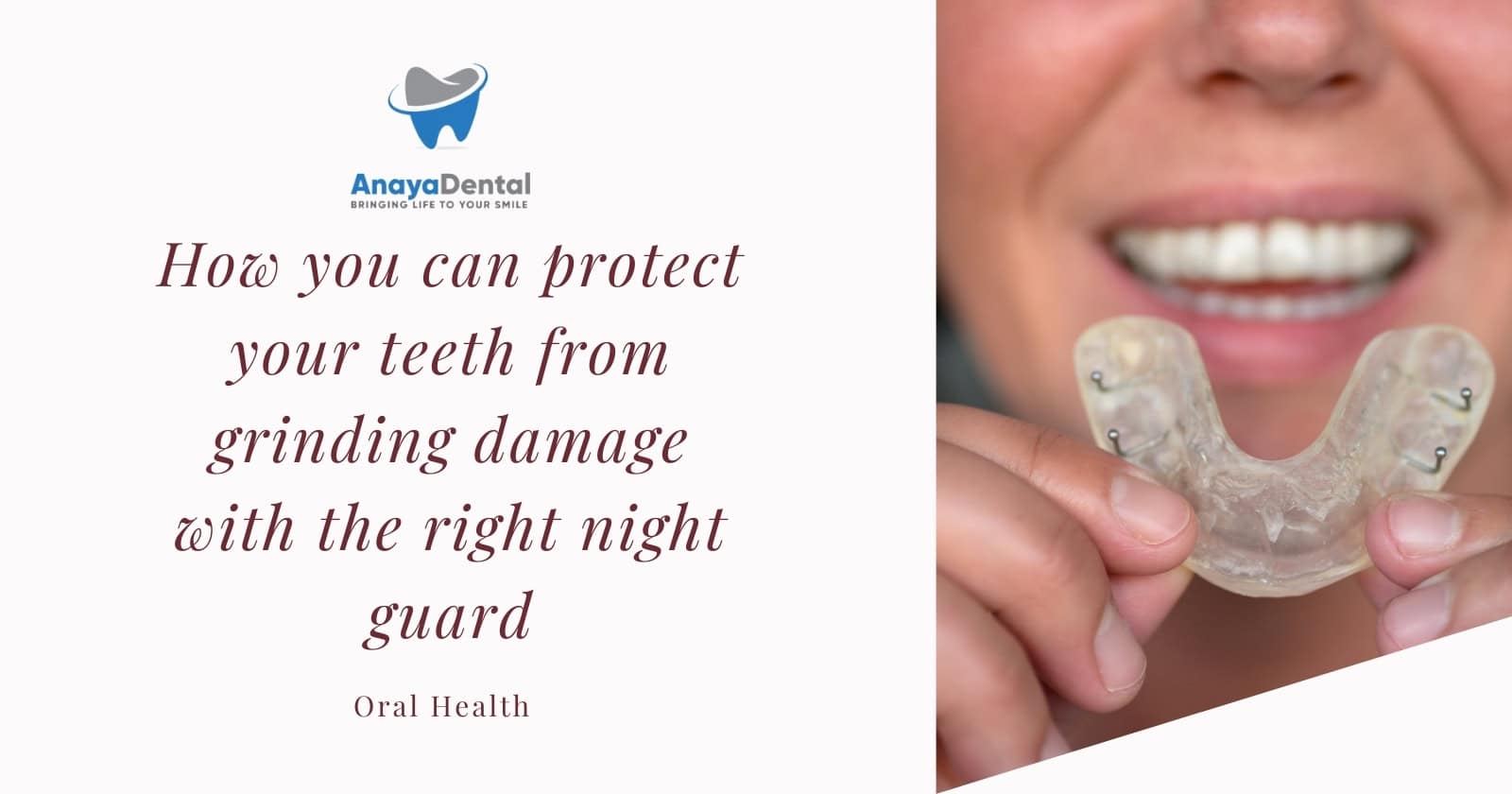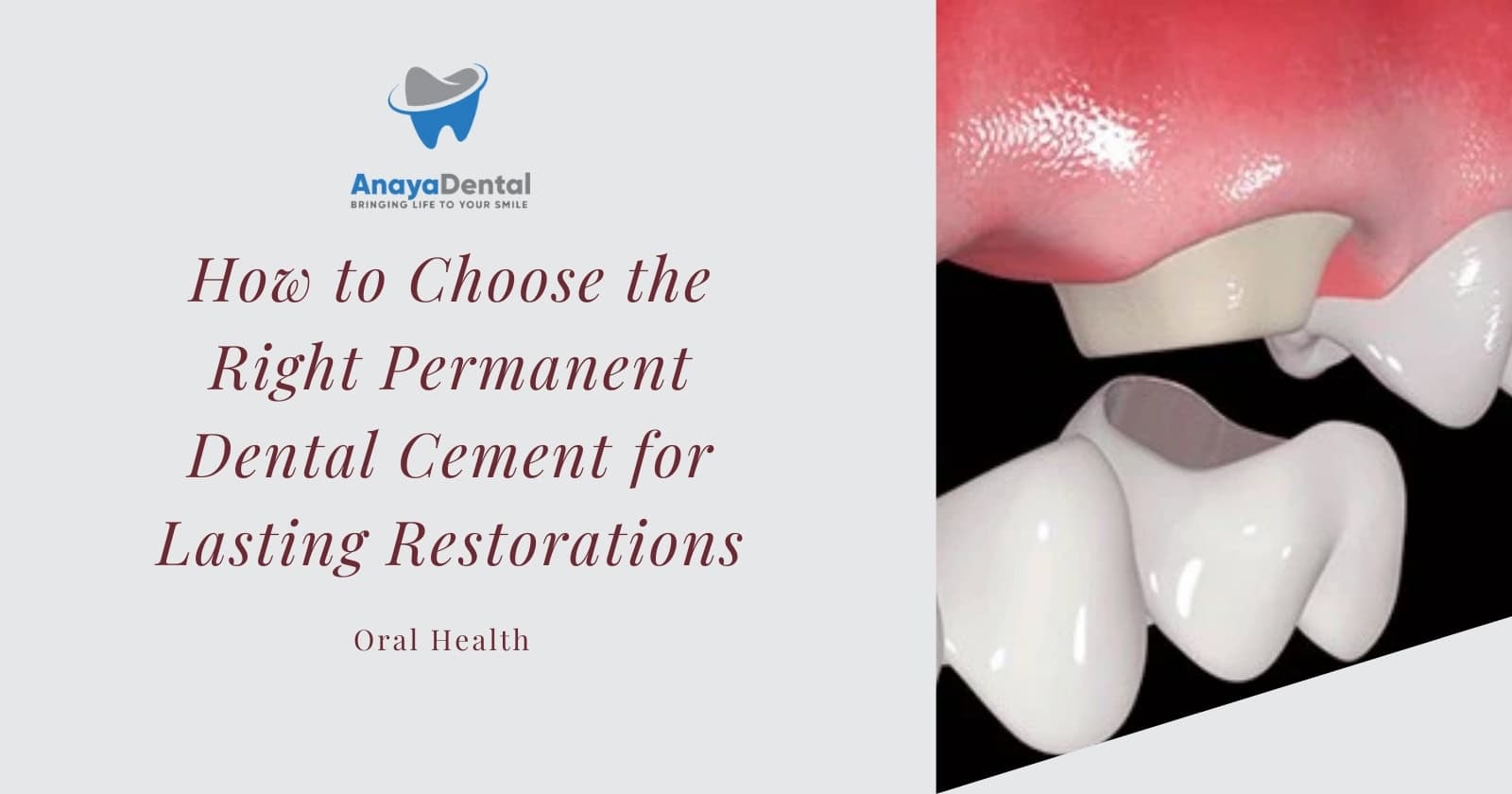You’ve noticed tartar breaking off your teeth, raising concerns about your dental health. Tartar, a hardened form of plaque, detaches due to various factors like gum disease or improper oral hygiene. It weakens its grip on teeth, especially when gums recede. This issue isn’t just cosmetic; it could signal underlying problems. Understanding why tartar breaks off is essential for maintaining oral health, and knowing the next steps is even more important.
What is Tartar?
Tartar, also known as dental calculus, is a hardened form of dental plaque that accumulates on your teeth and can lead to more serious oral health issues if left untreated.
Tartar formation begins when plaque, a sticky film of bacteria and food particles, isn’t thoroughly removed through regular brushing and flossing. Over time, minerals from your saliva mix with this plaque, causing it to harden into tartar.
Try Our Dental Calculators
Tartar composition primarily consists of calcium phosphate, a mineral that makes it rigid and tenacious. This solidified deposit provides a rough surface for more plaque to adhere to, accelerating further buildup.
Tartar isn’t only unsightly but can also cause gum inflammation and tooth decay. It’s crucial to maintain diligent oral hygiene and visit your dentist regularly for professional cleanings.
Why is tartar breaking off back of teeth?
You’ll find that tartar breaking off the back of your teeth often results from improper brushing and flossing methods, which allow plaque to harden into tartar.
Gum disease and gum recession, often exacerbated by neglect or inadequate oral hygiene, can weaken the attachment of tartar to the tooth surface.
Additionally, dental procedures or consuming hard and crunchy foods may dislodge tartar, especially when there’s underlying bone loss.
Improper brushing and flossing methods
When brushing and flossing techniques are less than ideal, tartar can accumulate and eventually break off from the back of your teeth.
Effective brushing techniques require holding your toothbrush at a 45-degree angle to your gums, using gentle circular motions. This guarantees plaque is removed before it hardens into tartar. If you rush or apply too much pressure, you risk missing plaque and causing damage to your enamel.
Equally, flossing importance can’t be overstated. Proper flossing involves wrapping the floss around each tooth in a C-shape, moving it up and down to reach below the gumline. Neglecting these areas allows plaque to solidify, leading to tartar formation.
To prevent tartar buildup, prioritize these essential oral hygiene practices.
Gum disease
Though often overlooked, gum disease plays a significant role in why tartar might break off from the back of your teeth.
When you experience gum inflammation, it weakens the structures supporting your teeth, including the gums and bone. This weakening allows tartar, a hardened form of dental plaque, to detach more easily.
Poor oral hygiene is a primary culprit behind gum disease, as it fosters the environment for plaque buildup. Without regular brushing and flossing, plaque turns into tartar, irritating your gums and leading to inflammation.
As gum disease progresses, the gums recede, creating pockets where tartar accumulates and eventually dislodges.
Maintaining ideal oral hygiene is essential to prevent gum disease and guarantee tartar doesn’t break off unexpectedly.
Dental procedures
Addressing gum disease is vital, but understanding dental procedures is equally important for managing tartar that breaks off the back of your teeth.
Effective dental hygiene involves regular professional cleanings, where a dentist or hygienist removes tartar buildup using specialized instruments. Scaling and root planing are common procedures that target tartar below the gumline, essential for maintaining peak oral health.
These treatments prevent tartar from accumulating and breaking off, which can lead to further complications. It’s important to maintain a consistent dental hygiene routine, including brushing twice daily and flossing, to minimize tartar formation.
Regular dental visits guarantee any tartar missed during home care is efficiently managed, preserving the health and integrity of your teeth and gums.
Gum Recession and Bone loss
Understanding why tartar breaks off the back of your teeth requires examining the underlying issues of gum recession and bone loss.
Tartar, a hardened plaque, adheres to your teeth and can become dislodged when gum recession occurs. When gums recede, they expose the tooth’s root, making it easier for tartar to break away. This is often a sign of poor gum health, potentially leading to periodontal disease.
Bone loss exacerbates this situation by weakening the foundation that supports your teeth, causing further tartar detachment.
Maintaining ideal dental hygiene is essential to prevent these issues. Regular brushing, flossing, and professional cleanings help control tartar buildup.
Prioritize your gum health to minimize recession and preserve the structural integrity of your teeth.
Hard or Crunchy Foods
Many people don’t realize that consuming hard or crunchy foods can contribute to tartar breaking off the back of your teeth. When you chew hard foods or crunchy snacks, the pressure exerted on your teeth can cause tartar to dislodge. This occurs because tartar, a calcified deposit, isn’t as robust as the natural enamel. While it may seem beneficial for tartar to break off, it can lead to uneven surfaces that harbor bacteria, complicating oral hygiene.
| Hard Foods | Impact on Tartar |
|---|---|
| Nuts | High pressure |
| Popcorn | Fracture risk |
| Hard candy | Dislodges tartar |
| Crackers | Surface damage |
| Pretzels | Breaks deposits |
Be mindful of your snacking choices and maintain regular dental check-ups to manage tartar effectively.
Poor Adhesion to Teeth
The presence of tartar on teeth often stems from its poor adhesion to the tooth surface, which is why it can easily break off, particularly from the back of your teeth.
Tartar adhesion is compromised by several factors, impacting your dental health. Here’s what you should know:
- Salivary Composition: Your saliva’s mineral content can affect tartar adhesion, making it weaker.
- Oral Hygiene Practices: Inadequate brushing and flossing allow plaque to harden into tartar but don’t guarantee strong attachment.
- Dietary Habits: Consuming sugary or acidic foods can erode tooth enamel, reducing tartar’s grip.
- Existing Dental Conditions: Gum recession or cavities may create surfaces less conducive to tartar adhesion.
To maintain peak dental health, focus on consistent oral care and regular dental check-ups.
Is tartar breaking off a good sign?
Why is tartar breaking off your teeth a matter of concern?
It’s important to understand that it’s not necessarily a good sign for your dental health. While some tartar myths suggest that its removal is beneficial, tartar breaking off on its own can indicate underlying issues.
When tartar dislodges naturally, it might mean that your teeth and gums aren’t healthy. Tartar is hardened plaque, and its presence often signals inadequate oral hygiene.
Your dental health requires professional intervention to safely remove tartar, preventing complications like gum disease. Relying on tartar breaking off spontaneously overlooks the necessity of regular dental check-ups.
Professional cleanings guarantee thorough removal, maintaining your oral health. So, don’t consider tartar breaking off as a positive; instead, seek expert advice for your dental well-being.
Is it tartar breaking off teeth or a chipped tooth?
How can you tell if it’s tartar breaking off your teeth or a chipped tooth? Understanding the difference is vital for maintaining ideal dental hygiene. Here are some key indicators:
- Texture: Tartar feels rough and gritty, while a chipped tooth has a smoother, sharp edge.
- Tooth Sensitivity: Increased tooth sensitivity often accompanies a chipped tooth, not tartar.
- Color: Tartar is yellow or brown; a chipped tooth reveals a white, enamel appearance.
- Pain: Chipped teeth might cause pain or discomfort, unlike tartar.
If you’re experiencing tooth sensitivity or notice debris breaking off, consult your dentist.
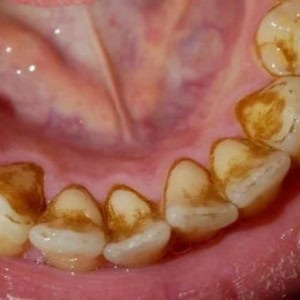
Regular dental check-ups and proper dental hygiene are necessary in preventing both tartar buildup and tooth damage.
Professional evaluation guarantees your oral health is managed effectively.
What does tartar look like when it breaks off?
Recognizing the appearance of tartar when it breaks off can help you distinguish it from other dental issues. Tartar, formed from hardened dental plaque, has a distinct texture and color.
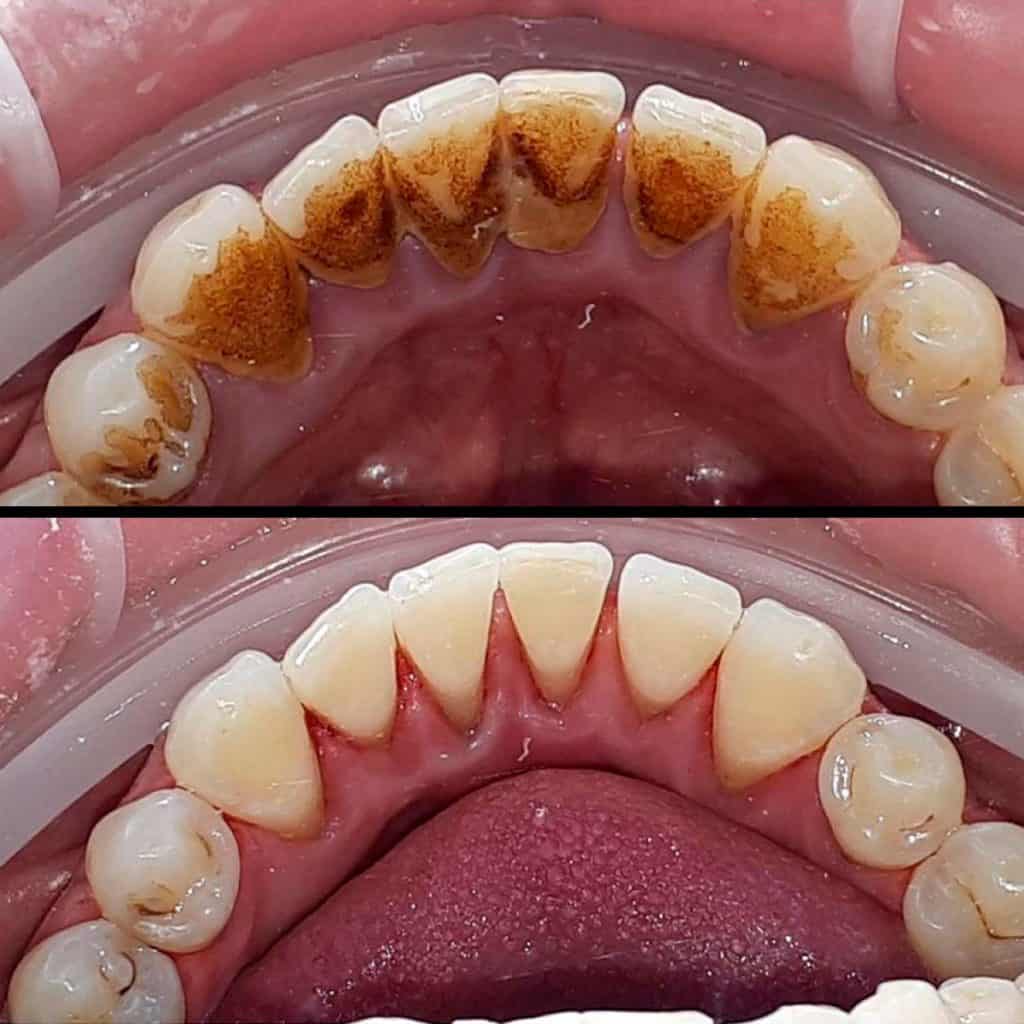
When it breaks off, it typically appears as small, rough, yellowish to brown pieces. Unlike a tooth fragment, which is smooth and white, tartar’s composition results in an irregular, gritty feel. This calcified material adheres firmly to your teeth due to poor dental hygiene, accumulating over time.
When you notice these pieces in your mouth, they may feel abrasive and appear stained, reflecting their mineralized nature. Observing these characteristics can guide you in understanding your dental condition, emphasizing the importance of maintaining ideal dental hygiene to prevent further tartar buildup.
What should you do if a large piece of tartar broke off?
When a large piece of tartar breaks off, it’s important to address the situation promptly to maintain oral health.
Effective tartar management and dental hygiene practices are vital in preventing further complications. Here’s what you should do:
- Inspect the Area: Look for any signs of bleeding or irritation where the tartar detached. This helps assess if there’s any immediate damage.
- Rinse Your Mouth: Use warm saltwater to rinse your mouth. It can help reduce the risk of infection and alleviate discomfort.
- Avoid Hard Foods: Stick to soft foods until you’ve seen your dentist. This prevents additional stress on the affected tooth.
- Schedule a Dental Visit: Contact your dentist for an appointment. Professional evaluation guarantees appropriate treatment and advice for ongoing tartar management.
How to prevent tartar from building up?
Properly caring for your teeth after tartar breaks off guarantees your oral health remains ideal, but preventing tartar buildup from the start is even better.
To achieve this, focus on essential tartar prevention tips. Brush your teeth twice daily using fluoride toothpaste. Don’t forget to angle your toothbrush at 45 degrees to the gum line. Floss daily to remove plaque from areas your toothbrush can’t reach.
Regular dental cleanings are vital, allowing professionals to remove hardened tartar effectively. Incorporate an antiseptic mouthwash into your routine to kill bacteria that cause plaque. Limit sugary and starchy foods, as they contribute to plaque formation.
Frequently Asked Questions
Can Tartar Breaking off Cause Bad Breath?
When tartar breaks off, it can expose bacteria, causing bad breath. Effective tartar removal helps eliminate these bacteria, improving oral hygiene and breath. Regular dental check-ups guarantee complete removal, preventing further complications and maintaining fresh breath.
Does Diet Affect Tartar Formation and Breakage?
Your dietary habits greatly influence tartar formation. Consuming sugary foods promotes plaque, which hardens into tartar. Coupled with inadequate oral hygiene, this increases tartar deposits and risk of breakage. Maintain balanced nutrition and consistent brushing to minimize tartar.
Can Tartar Breakage Lead to Tooth Sensitivity?
Yes, tartar breakage can expose tooth enamel, leading to sensitivity. Maintaining excellent dental hygiene minimizes tartar buildup, protecting enamel. Brush twice daily, floss regularly, and visit your dentist for professional cleanings to guarantee ideal oral health.
Is Tartar Breakage Painful?
Yes, tartar breakage can be painful. When tartar breaks off, it might irritate your gums and expose sensitive areas. Guarantee proper dental hygiene and regular tartar removal by a professional to prevent discomfort and maintain oral health.
Can Certain Medications Influence Tartar Breakage?
Yes, certain medication types can influence tartar breakage. Medications affecting saliva production or oral health, like antihistamines or diuretics, can alter the oral environment, leading to tartar weakening and potential breakage. Consult your dentist for guidance.
Conclusion
To maintain ideal dental health and prevent tartar from breaking off your teeth, focus on diligent oral hygiene. Brush and floss regularly to remove plaque before it hardens into tartar. If tartar does break off, it’s likely due to weakened attachment from gum issues, but don’t confuse it with a chipped tooth. Regular dental check-ups are essential for professional cleaning and early detection of any problems. Remember, proactive care keeps your teeth healthy and tartar-free.
